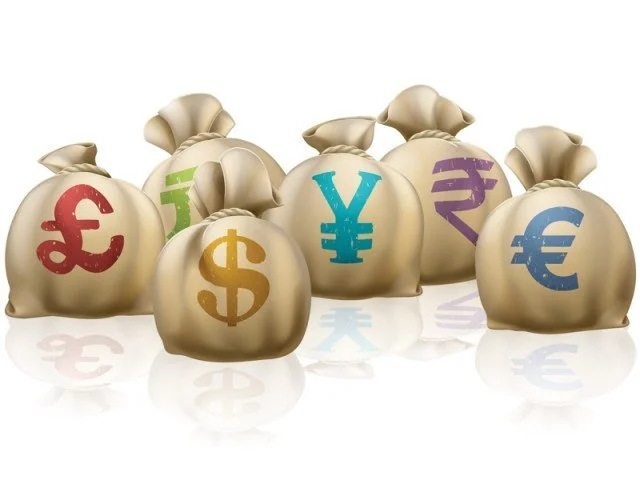In 2023, Brazil’s Foreign Direct Investment (FDI) fell by 35.9%, reaching only $52.7 billion from January to November.
This marks the lowest FDI since 2021’s $51.6 billion.
Despite a slight increase in November 2023 to $7.8 billion, the overall 12-month FDI stood at $57.7 billion, just 2.68% of the GDP.
This is a decrease from $77.1 billion in the previous November. The Central Bank’s January 2024 report distinguishes FDI from short-term capital inflows.
FDI reflects long-term investments in business ventures and infrastructure. This data is crucial for understanding the dynamics of international investments in Brazil.
Deutsche Bank’s Drausio Giacomelli attributes the decline to rising fiscal discussions and spending, causing global investor caution.
This skepticism is evidenced by a 15-year low in foreign investment in Brazilian fixed income and significant withdrawals from Brazilian stocks.

Brazil’s risk premium is among the highest for emerging markets, fueled by concerns over fiscal policy changes.
Historically, Brazil attracted substantial foreign investment, especially during the commodities boom.
However, recent economic and political challenges have dampened investor confidence.
The country’s extensive bureaucracy and fluctuating commodity prices further complicate the investment climate.
The Central Bank projects a rebound in FDI to $75 billion, or 3.2% of GDP, by next year.
Yet, Brazil faces a balance of external accounts at $36 billion, lower than the expected $45 billion.
The trade balance is projected at $71 billion, with a potential services deficit increase to $40 billion.
Brazil’s reliance on exports poses risks, as global market shifts could impact the economy.
The rising services deficit indicates imbalances, suggesting Brazil might be importing more services than exporting.
This calls for a potential rethinking of Brazil’s economic strategies to ensure sustainability and balance in the face of global economic trends.

